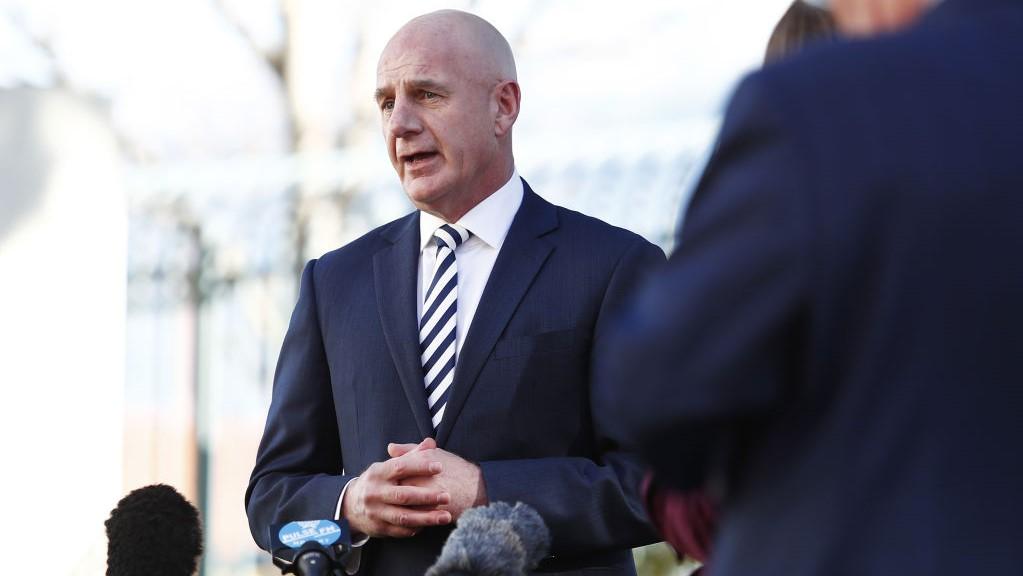Tasmania has joined the ranks of other Australian states that have decided to scrap virtually all vaccination requirements amid the spread of the milder Omicront variant of the CCP virus.
From Feb. 25, proof of vaccination will no longer be required to visit the state and will be removed for venues such as bars, restaurants, theatres, and gyms. However, vaccination remains mandatory for workers in high-risk settings such as health and aged care.





